[tabs] [tab title=Presentation icon=”desktop” icon_color=”#87B1B5″]<
[/tab] [tab title=Welcome icon=”book” icon_color=”#87B1B5″]
Welcome and Introduction
Jordi Dorca.
Hospital Universitari de Bellvitge, L’Hospitalet de Llobregat, Spain.
Dear Guests and Participants,
It is our pleasure to welcome you to the meeting “The Microbiome in Respiratory Medicine”, co-organized by Barcelona Respiratory Network (BRN) and the Center for Genomic Regulation (CRG), and endorsed by the European Respiratory Society (ERS).
In the recent years the use of culture-independent microbiologial techniques has enabled a tremendous growth in understanding how large amounts of microbiological organisms: bacteria, fungi and viruses, collectively known as the microbiome, coexist in intimate contact with the different body surfaces, both in health and disease. The lung is not an exception to this phenomenon, and this fact has challenged the previous belief that the healthy lung was sterile. Understanding the nature of the relationship between the lung microbiome and the respiratory epithelial surfaces that are in close contact with it, appears as one of the more promising research fields in respiratory medicine.
Today, a large body of evidence supports the concept that dysregulation of host-microbiota crosstalk at body surfaces may underlie chronic inflammatory disorders. As a consequence, from the clinical point of view, there is a growing interest to determine the potential value of the airway microbiome composition as a prognostic marker, or even as an indicator for monitoring airway disease progression that eventually could prompt specific therapeutic interventions. However, before this can be implemented, several challenges have to be considered such as: 1) the harmonization of methodologies for airway sampling and sample processing, 2) the understanding of the broader interactions of the microbiome components and how they impact the lung disease pathogenesis and 3) the functional characterization of the respiratory microbiome using proteomic, transcriptomic, metabolomic and animal models. These and other relevant questions on this exiting field have to be addressed in this meeting.
We would like to thank you for joining us in this meeting dedicated to this highly important topic and we hope that you will find it exciting and interesting. We encourage you to actively participate in the scientific discussions.
Yours sincerely,
Jordi Dorca, President, Barcelona Respiratory Network
Eduard Monsó, Chairman
[/tab] [tab title=Currículum Vitae icon=”briefcase” icon_color=”#87B1B5″]
Jordi Dorca is currently Chief of the Respiratory Department at the Hospital Universitari de Bellvitge, located in the Barcelona area. He is Professor of Medicine at the University of Barcelona and Coordinator of the Respiratory Diseases Research Group at the Institut d’Investigació Biomèdica de Bellvitge (IDIBELL). His main research interests are focused on the epidemiology, diagnosis and treatment of different kinds of respiratory infections. He has published more than 110 papers in peer-reviewed journals with a combined IF of 511 and a h-index of 29. He is also a member of several scientific societies. Currently, he is the president of Barcelona Respiratory Network.
[/tab] [/tabs]


